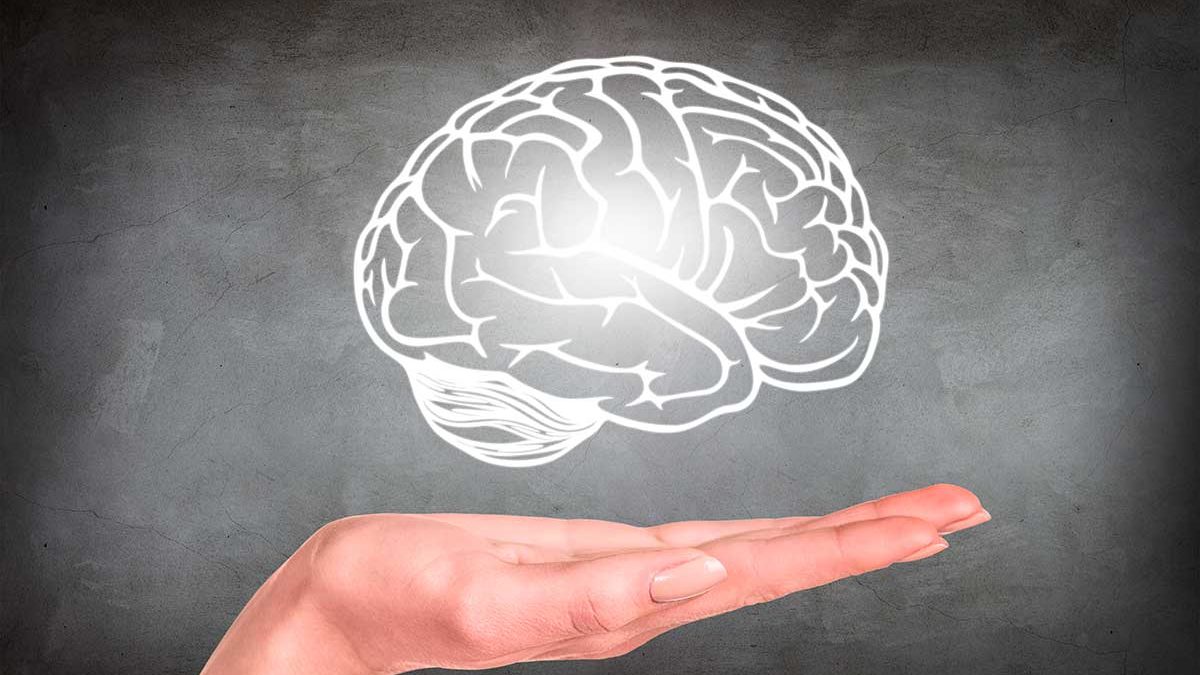How does memory work?
How does memory work?

Juan Fernando González G. Memory is a complex system thanks to which we recover images and scenes from the past, we preserve experiences and we elaborate our personal history. It seems incredible, but human beings begin to perceive what is happening around us from the third month of life (inside the uterus). It is then, and throughout our lives, that we store facts, emotions, words, images, people, places, smells, tastes, readings and dreams. It is clear that memory is an essential element for the rest of our brain functions to be carried out properly, which is because most of them will use the information that has previously been recorded to be able to carry out their tasks. This is what happens when, for example, we have to do some mathematical calculation and immediately "open the files" in which the numbers and procedures to perform arithmetic operations are stored. The same thing happens with language: the words we have learned emerge automatically because they are part of our brain register. Someone explain us Dr. Lilia Núñez Orozco, head of the Neurology service at the National Medical Center November 20, belonging to the Institute of Security and Social Services of State Workers (ISSSTE), explains that “memory is one of the higher brain functions that registers the events that happen on a daily basis, which are stored selectively, that is, according to the attention paid to each one of them. It is important that we take into account that we are surrounded by stimuli at all times, but we will only remember those that are relevant to us ”. The specialist points out that "memory goes further, since it not only consists of storing information, it also includes the ability to access the 'database' when needed. It would be useless to have a registry that we could not access when required; this is something similar to when we want to open a file from the computer and we cannot do it. "Information is recorded through connections in neurons, cells that to function properly require the preservation of neurotransmitters (nerve messengers) involved in the process, mainly acetylcholine," says the specialist. Are there different types of memory? Indeed, the human brain has different degrees of retention, so that some data will be within our reach throughout life and others may disappear over the years. Experts on the subject suggest the following classification: • Retention. Allows you to save new information in the short term, for example, a phone number. • Short-term memory. That makes it possible for us to record and remember events that happened several hours ago (breakfast the day before, to say the least). • Medium-term memory. The information stays with us for a longer time, which determines that we remember events from a few months or years ago. • Long-term memory. It stores events that have occurred a long time ago, mainly in our childhood and adolescence. • Procedural memory. It allows us to automatically perform some daily actions: set the alarm clock, lock the door of our house or know the route we must follow to get to school or work. • Olfactory memory. It appears suddenly when perceiving a smell that refers us to an event in the past. These are pleasant or unpleasant memories, which were stored because they have a high emotional charge. Temporary memory disturbances Many people, especially those over 50, do not remember something they should know immediately and almost automatically. Let's see the scientific explanation: “There are times when we can all have transitory memory alterations, mainly when we are tired, stressed, with too many external stimuli or several tasks to perform simultaneously; then, we have forgetfulness, which is completely normal ”, says Dr. Nuñez Orozco, former president of the Mexican Society of Neurology and Psychiatry, who abounds on the subject and points out that there are people who can experience the so-called transient global amnesia, a disorder that it blocks memories for several hours due to disturbances in the blood circulation of the brain. In these cases, the patient can talk, walk and carry out their activities, but they do not register what is happening, so when they return to normal it will be impossible for them to remember what happened, emphasizes the expert. If this type of behavior is repeated with some frequency, it could be suspected of a circulatory failure at the brain level. In these cases, those affected have some risk factors: high blood pressure, high levels of cholesterol in the blood or diabetes. Forget, to learn It might seem contradictory, but it seems that forgetting helps us learn. Leaving memories out of our memory is not necessarily a dysfunction, as is often thought, but an essential condition to incorporate new knowledge and adapt to a changing reality, says Alonso Martínez Canabal, academic at the Institute of Cellular Physiology of the National Autonomous University of Mexico . “Forgetting makes it easier for us to relearn, and that is very important for mammals, because things and rules change, and if you always try to solve the problem with the old rule that no longer applies, you put your survival at risk. In the same sense, in order for the brain of an adult animal - including that of human beings - to remain vigorous, it is essential that it renew its number of neurons through physical and intellectual exercise ", emphasizes the researcher. Various studies have concluded that a large percentage of people who consult a homeopathic doctor for any type of disease resolve their problems satisfactorily, and in the case of forgetfulness it is no exception. Homeopathy has very effective medications to balance our body, calm anxiety, and combat stress and fatigue, factors that, as we have already seen throughout the note, are, on many occasions, those that trigger an alteration in the file of our memories. References · Carrillo–Mora, P. Sistemas de memoria: reseña histórica, clasificación y conceptos actuales. Primera parte: Historia, taxonomía de la memoria, sistemas de memoria de largo plazo: la memoria semántica. Revista Salud Mental. Instituto Nacional de Psiquiatría Ramón de la Fuente Muñiz http://www.scielo.org.mx/scielo.php?script=sci_arttext&pid=S0185-33252010000100010 · Calleja,C. Memoria sana. https://www.elsevier.es/es-revista-farmacia-profesional-3-articulo-memoria-sana-13124071 · El Heraldo de San Luis Potosí. https://elheraldoslp.com.mx/2015/12/01/todo-lo-que-debes-saber-sobre-como-funciona-la-memoria/ · Diario La Jornada. https://www.jornada.com.mx/2014/05/13/ciencias/a02n1cie · Consultorio Eizayaga. https://consultorioeizayaga.com/2017/01/03/la-homeopatia-es-efectiva-para-controlar-los-trastornos-de-ansiedad-y-depresion/
Medical practices, regulations and available product portfolios might differ from one country to another.
As a result, the medical information provided in the site which you are going to visit may not be appropriate for product use in your country.
